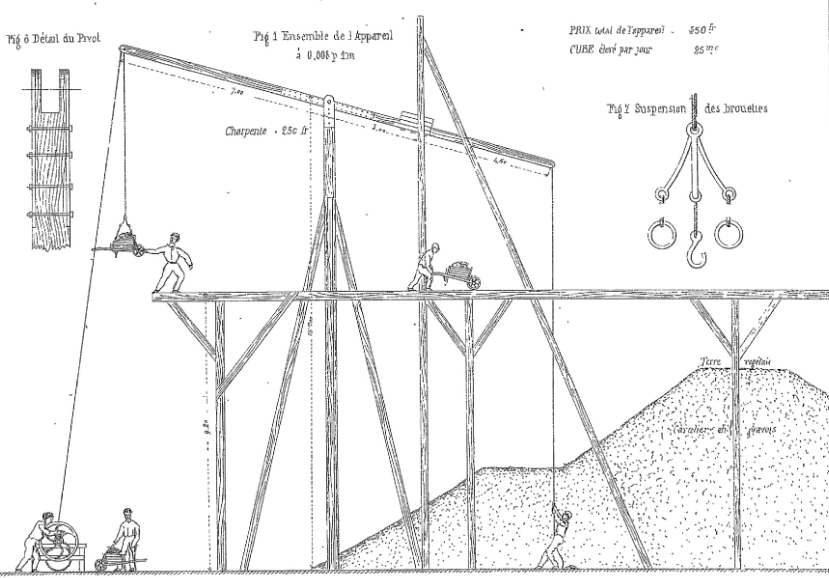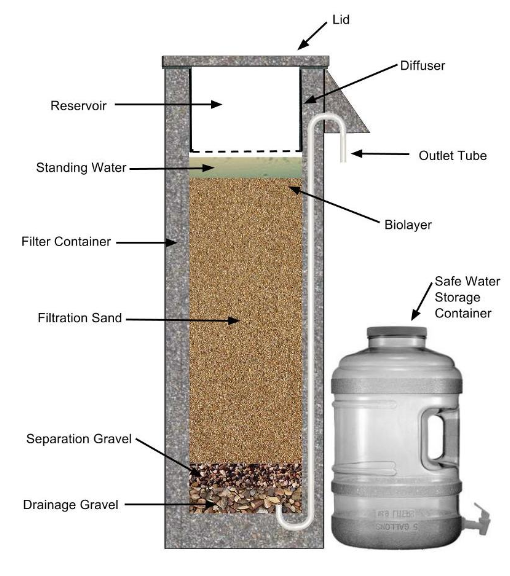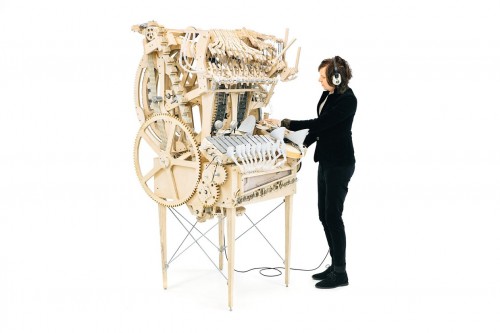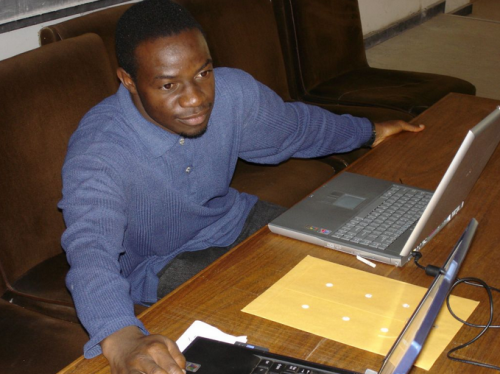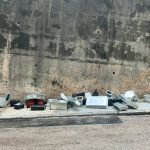“An French illustration from 1870 shows us the unusual ways in which hand-driving lifting devices were used in the period. Push carts almost two metres long were lifted to 9.2 metres by hand cranks via an 11.5 metre long luffing lever, also operated by a worker, and then pushed further along a wooden path to a tipping point. This daring construction was almost 18 metres tall.”
Find the complete illustration here. Source: “Portefeuille économique des machines, de l’outillage et du matériel“, December 1870, Bibliothèque nationale de France. Text: “The History of Cranes (The Classic Construction Series)“, Oliver Bachmann,1997.
